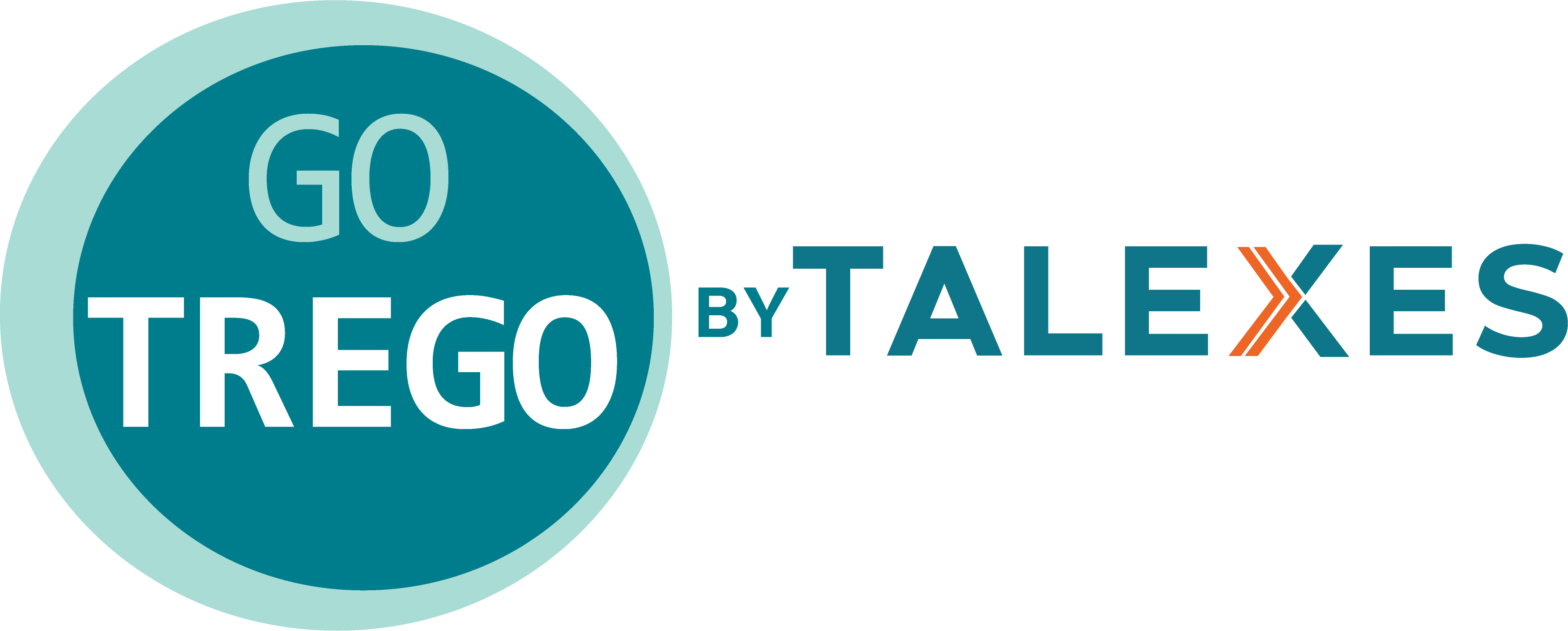In the fiercely competitive landscape of today’s job market, HR managers are constantly seeking tools to streamline talent acquisition. Pre-employment assessments emerge as a potent weapon in the arsenal of HR managers, offering invaluable insights into candidates’ capabilities, competencies, and personalities. In this article, we’ll delve into the advantages of pre-employment assessments and their role in bolstering hiring success and talent acquisition.
1.Unbiased Evaluation of Candidates
Pre-employment assessments provide unbiased evaluations of candidates’ abilities, skills, and personality traits, mitigating the risk of bias in hiring decisions. For instance, a skills assessment can objectively measure a candidate’s proficiency in a specific software program or technical skill, furnishing concrete data to support hiring choices devoid of subjective influences.
2.Cost-efficient Candidate Screening
These assessments serve as a cost-efficient means to screen candidates prior to investing in more resource-intensive interview processes. A straightforward online assessment can efficiently sift out unsuitable candidates early on, thereby reducing the expenditure associated with in-person interviews and other hiring procedures.
3.Tailored to Specific Roles and Organizations
By tailoring assessments to the unique demands of a job, employers can pinpoint candidates possessing the requisite skills and abilities for success in that role. For example, a sales assessment can evaluate a candidate’s persuasion and communication prowess, while a leadership assessment can gauge their team management skills, empowering employers to make well-informed hiring decisions aligned with organizational needs.
4.Predictive of Candidate Success
Pre-employment assessments offer predictive insights into a candidate’s likelihood of success in a role based on their abilities, skills, and personality traits. By leveraging data to forecast future job performance, employers can make informed hiring decisions. For instance, a personality assessment can predict a candidate’s potential for teamwork or stress management, while a cognitive ability assessment can forecast their problem-solving and critical-thinking skills.
5.Time-saving Candidate Screening
Employers can save valuable time and resources by winnowing out unsuitable candidates before conducting interviews. A cognitive ability assessment, for instance, can swiftly identify candidates lacking essential problem-solving skills, streamlining the hiring process and enabling employers to focus efforts on promising candidates.
6.Objective Candidate Comparisons
Pre-employment assessments facilitate objective comparisons between candidates based on their scores and results. Behavioral assessments, for instance, allow employers to compare candidates’ responses to hypothetical work scenarios, aiding in identifying the most suitable candidates for a role.
7.Enhanced Retention Rates
By identifying candidates who align with both the job requirements and organizational culture, pre-employment assessments contribute to higher retention rates. Assessments can identify candidates more likely to thrive in the organizational environment, thereby reducing turnover and fostering a cohesive workplace culture.
Pre-employment assessments offer a plethora of benefits for organizations seeking to acquire and retain top talent. By providing objective insights, reducing costs, aiding in candidate selection, and enhancing retention rates, these assessments empower HR managers to make informed hiring decisions tailored to organizational needs. With their customizable nature, time-saving screening capabilities, and objective comparison features, pre-employment assessments serve as indispensable tools in improving talent acquisition and retention strategies.





